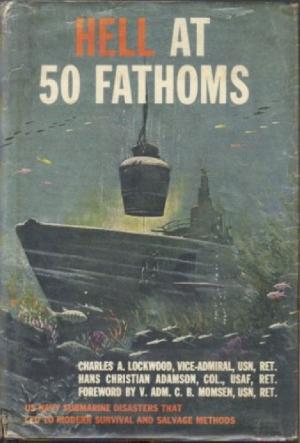Imperial Japanese Navy Campaign Planning And Design Of The Aleutian-Midway Campaign
Nonfiction, History, Germany, European General, Military, United States| Author: | Major Jonathan J. Gross | ISBN: | 9781786252425 |
| Publisher: | Verdun Press | Publication: | November 6, 2015 |
| Imprint: | Verdun Press | Language: | English |
| Author: | Major Jonathan J. Gross |
| ISBN: | 9781786252425 |
| Publisher: | Verdun Press |
| Publication: | November 6, 2015 |
| Imprint: | Verdun Press |
| Language: | English |
In May 1942, the Japanese found themselves in a favorable military situation. Previous successes had convinced Japanese naval planners that it was now possible to produce a strategic victory that could end the war through a negotiated peace. Employing the largest combined fleet of the war, the Aleutian-Midway campaign intended to satisfy that purpose. Merging the traditional battle fleet with battle proven aircraft carriers, the plan incorporated almost every major combat vessel in the Japanese Navy. Commitment of such a large force was intended to produce a high certainty for the successful accomplishment of three objectives: occupation of Midway Atoll, neutralization of the American threat from the Aleutians, and destruction of the American carrier task force. Thus, by securing the last remaining gaps in the Japanese defensive perimeter and destroying the only remaining surface threat to the Japanese homeland, the Japanese would, thereby, ensure a militarily favorable operating posture. Japanese victory in this operation conceivably would eliminate the American capability or desire to continue operations against Japan. With overwhelming combat power committed to this operation, success seemed certain. Since victory did not result from this operation, relative combat power was not the deciding factor in the battle.
In May 1942, the Japanese found themselves in a favorable military situation. Previous successes had convinced Japanese naval planners that it was now possible to produce a strategic victory that could end the war through a negotiated peace. Employing the largest combined fleet of the war, the Aleutian-Midway campaign intended to satisfy that purpose. Merging the traditional battle fleet with battle proven aircraft carriers, the plan incorporated almost every major combat vessel in the Japanese Navy. Commitment of such a large force was intended to produce a high certainty for the successful accomplishment of three objectives: occupation of Midway Atoll, neutralization of the American threat from the Aleutians, and destruction of the American carrier task force. Thus, by securing the last remaining gaps in the Japanese defensive perimeter and destroying the only remaining surface threat to the Japanese homeland, the Japanese would, thereby, ensure a militarily favorable operating posture. Japanese victory in this operation conceivably would eliminate the American capability or desire to continue operations against Japan. With overwhelming combat power committed to this operation, success seemed certain. Since victory did not result from this operation, relative combat power was not the deciding factor in the battle.






![Cover of the book Marines In World War II - Marines In The Central Solomons [Illustrated Edition] by Major Jonathan J. Gross](https://www.kuoky.com/images/2014/august/300x300/9781782892793-Vgqt_300x.jpg)

![Cover of the book Stalingrad To Berlin - The German Defeat In The East [Illustrated Edition] by Major Jonathan J. Gross](https://www.kuoky.com/images/2014/august/300x300/9781782893202-n4Nr_300x.jpg)






![Cover of the book Marines In World War II - Iwo Jima: Amphibious Epic [Illustrated Edition] by Major Jonathan J. Gross](https://www.kuoky.com/images/2014/august/300x300/9781782892847-K6Mq_300x.jpg)